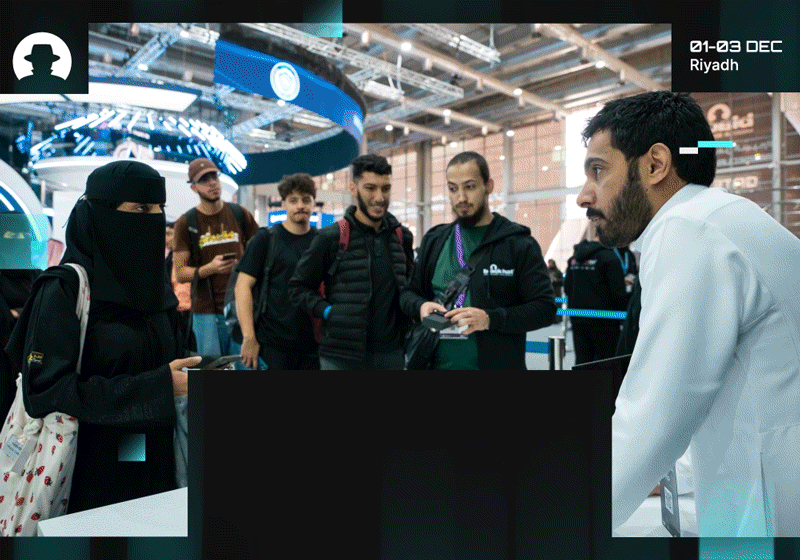
Why exhibitors keep choosing Black Hat MEA
Four exhibitors explain why Black Hat MEA is the region’s most important meeting point for cybersecurity buyers, partners, and talent.
Read More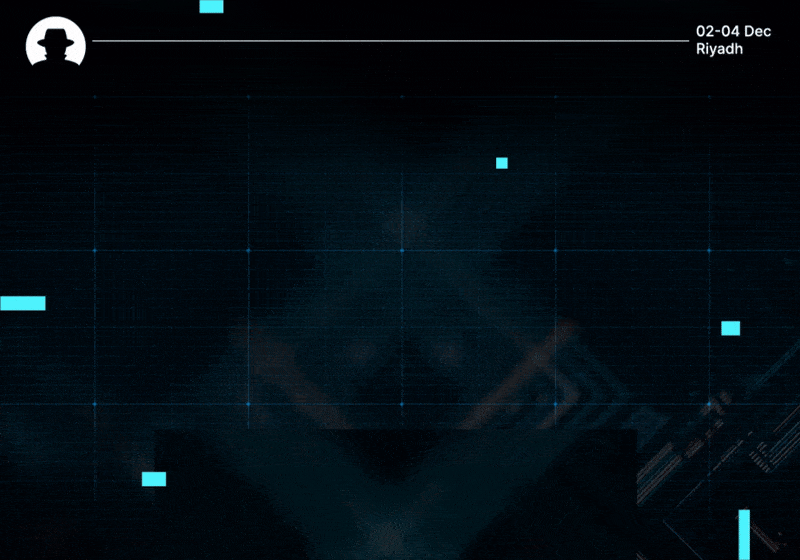
Exclusive insights from the global Black Hat MEA community. In your inbox every week.
Trust.
And specifically, what trust really means.
The cybersecurity community talks about trust a lot; and in 2025, most of us agree that it’s an essential component of an effective security system. But it’s also subjective, and easily misunderstood.
So we’ve gathered perspectives from four cybersecurity practitioners. Here’s how they describe what trust means to them.
Lakshmi Hanspal is clear that trust is the foundation that holds cybersecurity together.
“In the interconnected world of cybersecurity, trust isn't just a feeling – it's a foundation. Like a bridge connecting two shores, trust enables secure connections, facilitates commerce, and builds lasting relationships.”
It isn’t just about keeping bad actors out. It’s about building strong, resilient relationships with customers, partners, and stakeholders – relationships that can weather the storm when things go wrong.
For Isabelle Meyer, trust is under threat – not just from cybercriminals, but from within the industry itself. She notes a troubling rise in companies over-promising and under-delivering, often without the real expertise to back up their claims.
“There is a lot of fakeness in cyber companies, a lot of sub-contracting for example. It became a hot topic a few years ago, and now a lot of companies are pretending to do cybersecurity and to have the knowledge. It created a lot of insecurity in our sector and lack of trust. Which makes sense – companies are getting hacked on false promises of vendors. This is the biggest challenge, to overcome the nonsense spread around. It is important to talk about the real challenges.”
In other words: trust begins with authenticity. If we want to build trust externally, we need to be real about what we do and don’t know.
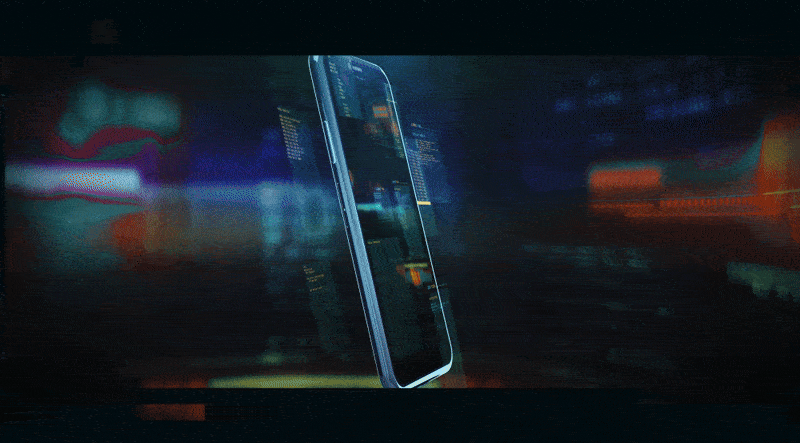
Philip Martin makes a comparison between the crypto industry today and the banking industry 100 years ago. When you open a bank account now, he says, you don’t question how secure the vault is – because that trust has been earned over time.
“When opening a bank account, no one asks how secure the vault is. The reason is that over the past 100 years, we have developed a series of broadly understandable safeguards that banks follow and people trust.
“While cryptocurrency has reached major milestones in the last few years, the truth is that it’s still early days where a lot of education and trust-building needs to happen. Security is the bedrock of trust. That’s why crypto leaders must be open about their security measures. By doing this, we can establish protocols and best practices that set the industry standard, and – more importantly – hold each other accountable.”
For Martin, trust is a long game. It’s built through transparency, consistency, and shared standards – especially in emerging sectors like crypto.
Dr. Erdal Ozkaya believes that transparency is key – even when you’re communicating the hard stuff.
“In a nutshell, cybersecurity transparency is about being open and honest about cybersecurity risks, incidents, and the measures an organisation takes to protect itself.”
Even more importantly:
“Transparency builds trust – even when you’re revealing information about negative events. Because the act of revealing that information shows a commitment to accountability and builds trust with customers and the public.”
His message is simple: honesty matters. Especially when things go wrong. Because people don’t expect perfection, but they do expect integrity.
We want to know what trust really means to you. Open this newsletter on LinkedIn and tell us in the comment section – because your perspective matters. And in today’s threat landscape, trust might just be the most powerful defence we’ve got.
See you back here next week.
Read the blog: Why trust matters more than ever after a cybersecurity attack
Join the newsletter to receive the latest updates in your inbox.

Four exhibitors explain why Black Hat MEA is the region’s most important meeting point for cybersecurity buyers, partners, and talent.
Read More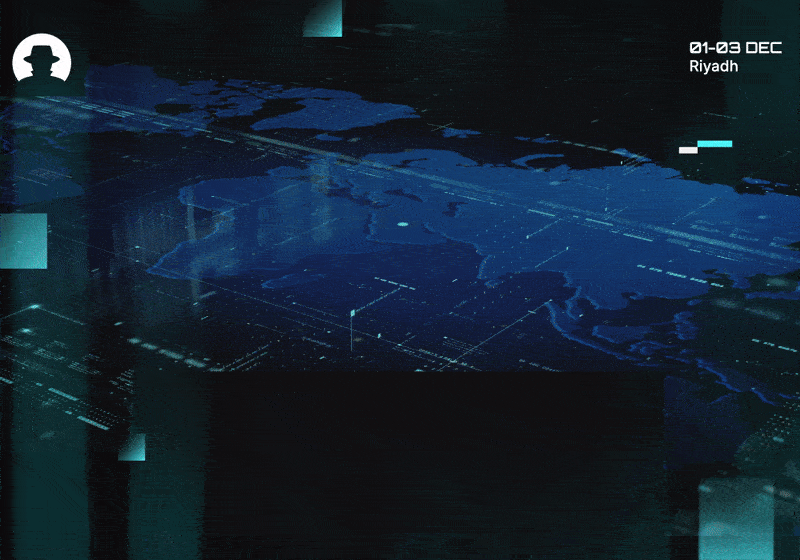
Why Riyadh has become essential for cybersecurity practitioners – from government-backed momentum and diversity to global collaboration and rapid innovation at Black Hat MEA.
Read More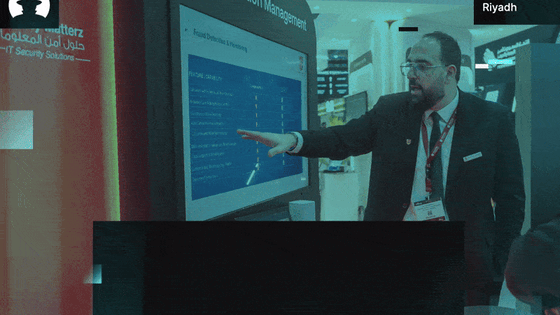
Three startup lessons from founders who exhibited at Black Hat MEA 2025, on market fit, focus, and turning ideas into viable security businesses.
Read More